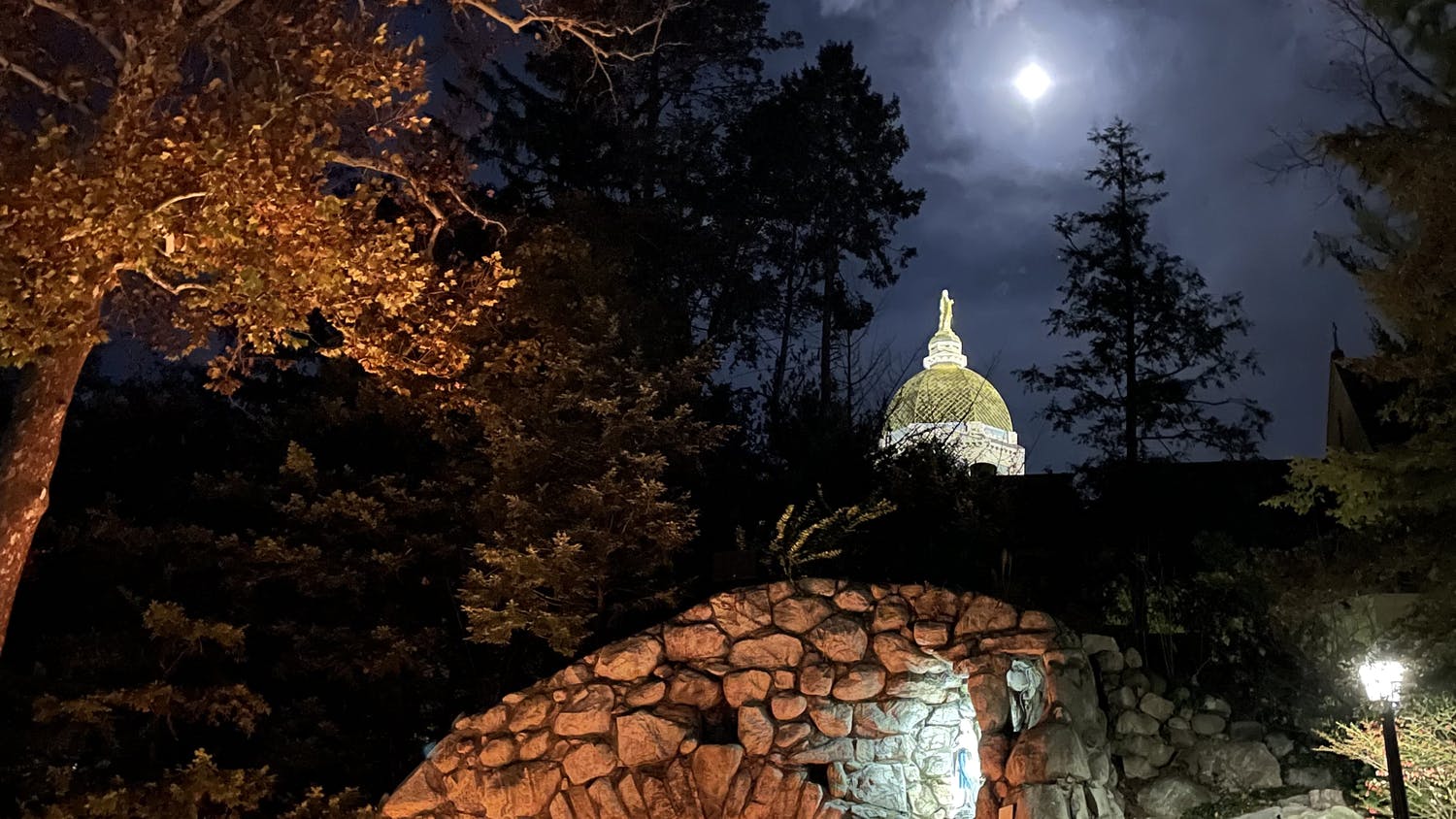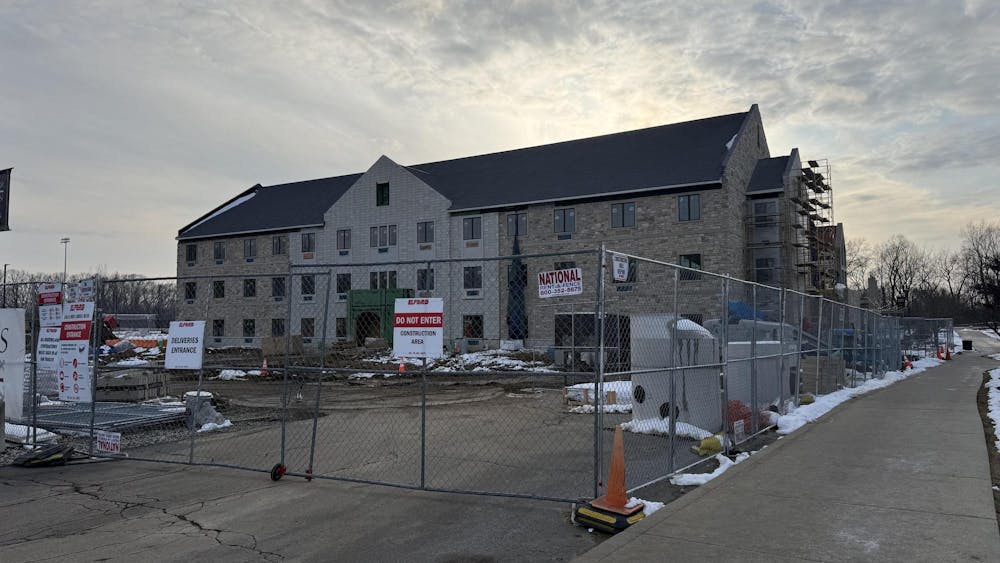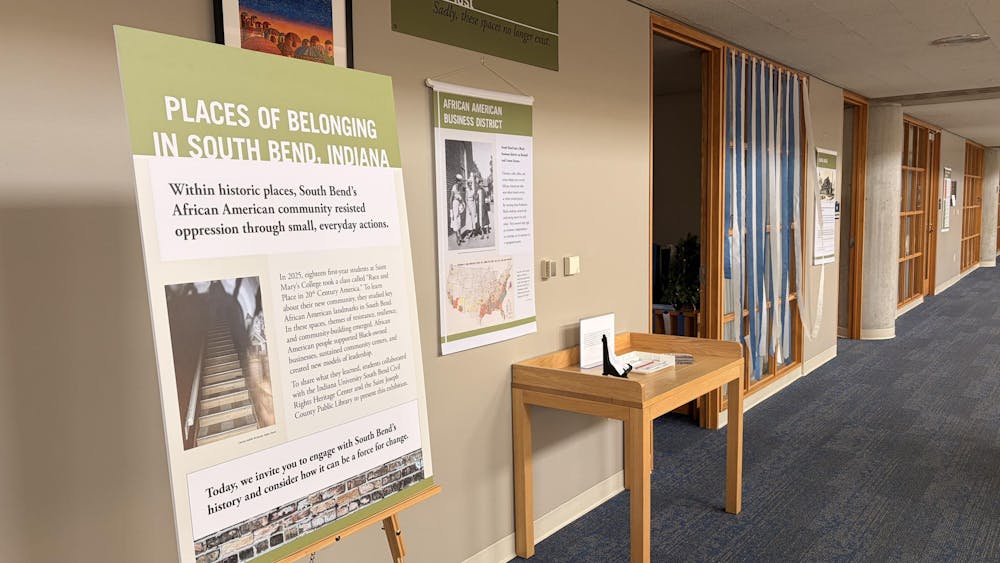Notre Dame plans to open an office in Mexico City, University President Fr. John Jenkins announced Friday.
“It’s a first step, with lots more to do, in making Mexico City one of seven global gateways in the world from which we can launch student and faculty exchanges, engage in joint research and build partnerships with business and with your great academic institutions,” Jenkins said in a speech to the Club de Industriales in Mexico City, which the University made public in a press release.
Jenkins said Mexico is “indispensable,” and the University wants to be a part of the nation’s future.
“Notre Dame is excited by the promise of innovation and applied research in collaboration with Mexican businesses and universities,” he said. “In the long run, all of that may very well buttress economies and help people out of poverty in both of our countries.”
The University currently partners with the Universidad Popular Autónoma del Estado de Puebla two hours from Mexico City and has a site coordinator for study abroad students there, but a Mexico City center would be the sixth in a network of Notre Dame "Global Gateways" that includes London, Dublin, Jerusalem, Rome and Beijing, each with its own faculty and staff, academic programs and ability to sponsor research and events.
Jenkins said while the University initially looked to Europe and Asia to build global partnerships, establishing a Mexico City center is part of an effort to direct attention southward.
“That orientation is critical for understanding the changing demographics of the United States,” Jenkins said. “It is critical for higher education. And it is critical for the future of the Catholic Church in the United States. It is also critical to confronting economic and social issues of the Americas North and South; and how Catholic educators in both hemispheres come to terms with providing the great equalizer — a good education — to rich and poor alike.”
According to Paul Browne, University vice president for public affairs and communications, there is currently no concrete timeline for the project.
The University’s ties to Mexico date back to the late 1800s, according to Browne.
“Fr. Zahm, who was the vice president of Notre Dame at the time, was a scholar on Latin American geology and archaeology and he went on digs in Mexico for some artifacts. … During his exposure, he saw an opportunity to get Mexican students to Notre Dame, he arranged for private train cars all the way from Chihuahua to South Bend,” Browne said.
According to Browne, there are currently 35 students from Mexico studying full time at the University.
In the speech, Jenkins criticized divisive comments directed at Mexico and Mexicans living in the United States, calling such comments “churlish, insulting political theater, for certain.”
“The vitriol directed at the Irish — felt by Irishmen serving in the U.S. Army who defected to Mexico — and later the Italians, and other waves of immigrants to the United States — sadly is not a thing of the past; certainly not for Mexicans in the United States who have been slandered in extraordinary ways, as has Mexico itself,” Jenkins said.
Read More
Trending









